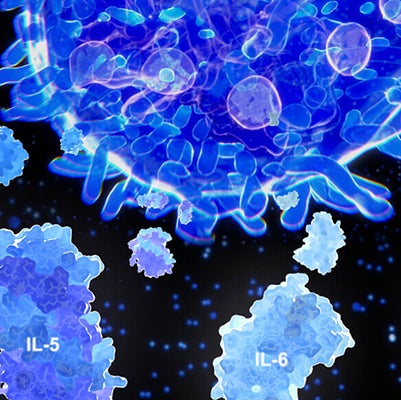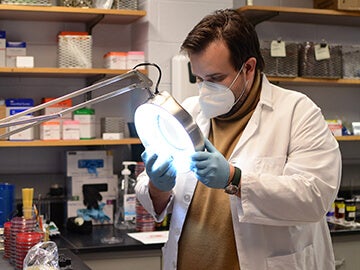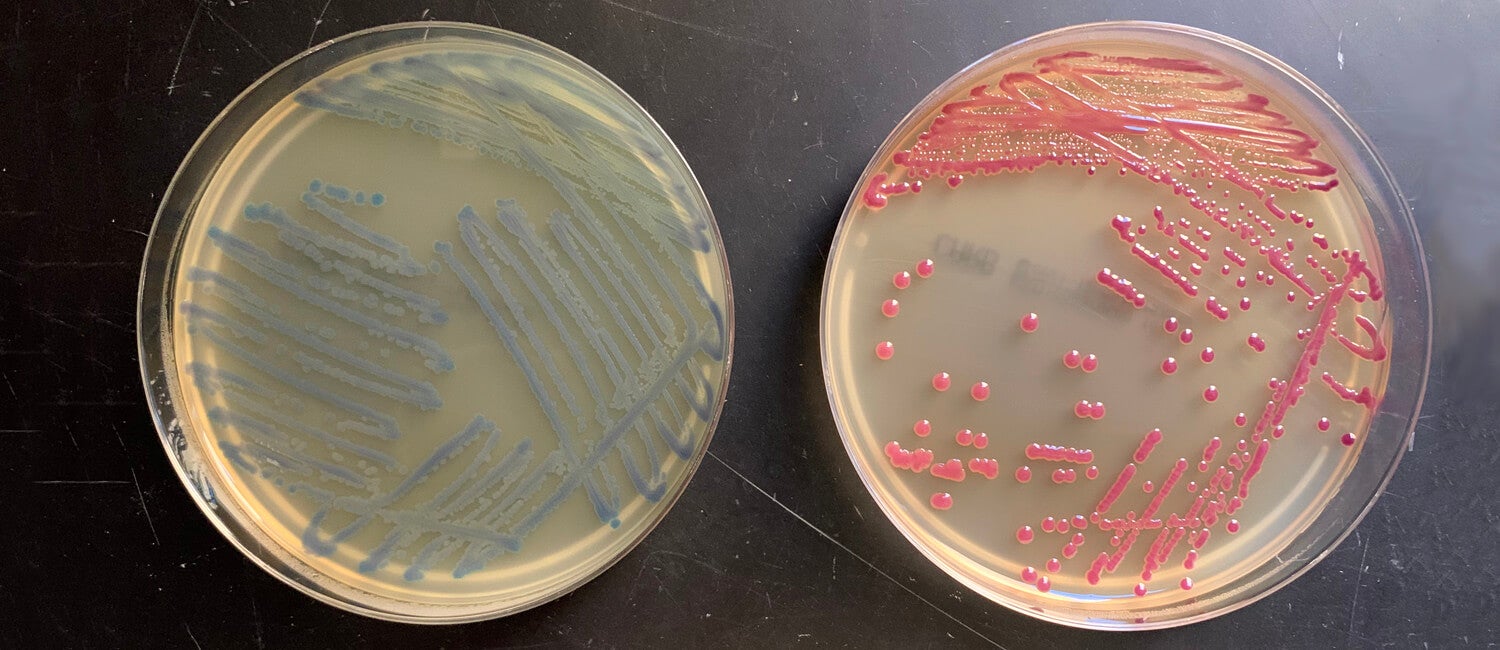
CREATE
Carbapenem-Resistant Enterobacterales (CRE) are among the greatest threats to animal and human health, as they are often nearly impossible to treat with antibiotics. CRE can spread silently through veterinary hospitals, establishing environmental reservoirs and potentially transmitting to animals and people. The CRE Animal Testing and Epidemiology (CREATE) Project is a resource for veterinarians, veterinary hospital administrators, and veterinary laboratories to support preparedness, response, and accurate detection of CRE.
About the CREATE Project
The CREATE Project was founded by Dr. Stephen Cole and Dr. Shelley Rankin at the University of Pennsylvania to share key lessons learned from an outbreak of NDM-5 Escherichia coli at the Small Animal Teaching Hospital. The project aims to foster active discussion and collaboration around CRE cases and outbreaks in veterinary settings.
Please contact the founders with any questions or comments. Development of the CREATE website and its resources has been supported by capacity grant funding (U18-FDA00006984) from the Food and Drug Administration’s Veterinary Laboratory Investigation and Response Network (Vet-LIRN).
CREATE a Plan and a Response
For Veterinarians and Administrators
CREATE a Plan focuses on what to do before CRE is found to be a problem at a veterinary facility.
CREATE a Response focuses on what to do after CRE is found or suspected to be a problem at a veterinary facility.


Lab CREATE
For Veterinary Diagnostics Labs
Lab CREATE includes documents for use by veterinary clinical microbiology laboratories.

CREATE Project Director
Stephen D. Cole, VMD
Assistant Professor of Clinical Microbiology
CREATE
Carbapenem Resistant Enterobacterales Animal Testing and Epidemiology
Phone: (215) 573-7425
Email: scole@vet.upenn.edu
